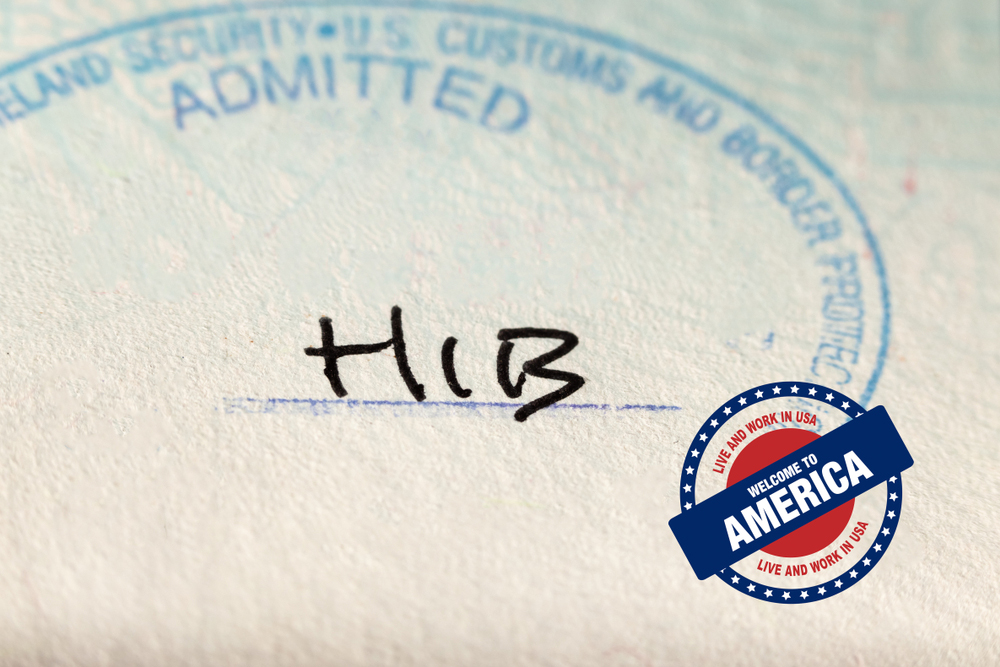The Biden administration announcement of a delay in a rule affecting pay for foreign workers means employers won’t have to quickly adjust to significantly higher prevailing wages for certain foreign employees.
On May 13, the U.S. Department of Labor (DOL) announced an 18-month delay in the effective date of a rule devised during the waning days of the Trump administration. The delay moves the new effective date to November 14, 2022.
Titled “Strengthening Wage Protections for the Temporary and Permanent Employment of Certain Aliens in the United States,” the rule affects employers seeking to employ foreign workers on a permanent or temporary basis through certain immigrant visas or through H-1B, H-1B1, and E-3 nonimmigrant visas.
As written by the Trump administration, the rule would have changed the computation of prevailing wage levels that would have made it more expensive to employ foreign workers.
Delaying the effective date allows the Biden administration to review the rule and make changes, Leigh Cole, an attorney with Dinse P.C. in Burlington, Vermont, says. “They can’t just cancel regulations that were properly promulgated by the prior administration, but they can extend the effective date and then promulgate different regulations to avoid the prior administration’s regulations taking effect as they were written,” she says.
The rule was originally set to take effect on March 15, 2021, and the Biden administration initially moved it to May 14, 2021. But on May 13, it was delayed to November 14, 2022.
Reason for Delay
“The Biden administration has taken many steps to unwind the anti-immigrant policies of the prior administration,” Lori T. Chesser, an attorney with Dentons Davis Brown in Des Moines, Iowa, says, adding the prevailing wage rule was one of the last actions of the Trump administration to restrict foreign worker processes.
The delay is good news for employers because it means business as usual for employment of certain immigrant and nonimmigrant workers for now, but Chesser says employers should not assume the wage rule will go away.
“Employers need to help the Biden administration understand that the current wage rule is fair, and any misuses of the programs should be addressed by enforcement,” Chesser says. “If implemented as written, the rule will have adverse consequences for many smaller employers, some private and community colleges, and nonprofits, for whom meeting the current wage is often a stretch because it is an average of ‘similar employers’ who are not really similar.”
The idea behind the rule is that raising wages for foreign workers will stop U.S. workers from being displaced by foreign workers, Chesser says. “For the clients I represent, this is not the question. They often cannot find workers with the skills they need, period.”
If wages are too low across the board in an industry, Chesser says, “that is a different discussion than limiting access to workers.”
Major Wage Increases
Cole says prevailing wages for many foreign workers were going to significantly increase for all occupations at all levels because of the changed calculation methodology set forth in the Trump administration’s regulations.
“The Biden administration is taking the action that is legally available to block these unrealistic increases to the required wage levels for immigration sponsorship,” Cole says.
Each of the four prevailing wage levels published by the DOL would be linked to a higher percentile of wages in the market, causing each level to rise significantly, by 18 to 23 percentile points, Cole says.
Revamped Rule Likely
Jonathan Eggert, an attorney with Burr & Forman LLP in Hilton Head Island, South Carolina, expects the DOL to eventually revamp the rule.
“I think there is a high likelihood that the rule that will eventually go into place will look significantly different from the current version,” Eggert says. “While we might still see a new calculation method that results in a prevailing wage increase, we are unlikely to see something as drastic as proposed by the Trump administration.”
Under the Trump administration’s rule, employers that sponsor employees for H-1B, H-1B1, E-3 visas, and many green cards would likely find themselves having to pay higher wages, Eggert says.
“If the increase is significant enough, it might deter employers from sponsoring foreign national employees altogether,” Eggert adds. “Employers would need to evaluate whether the foreign national is valuable enough to their organization to move forward with sponsorship at the higher prevailing wage level.”
Tammy Binford writes and edits news alerts and newsletter articles on labor and employment law topics for BLR web and print publications.
The post DOL’s Rule Delay Called Good News for Employers of Foreign Workers appeared first on HR Daily Advisor.
